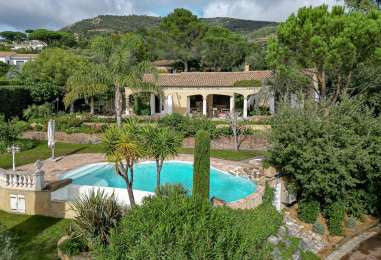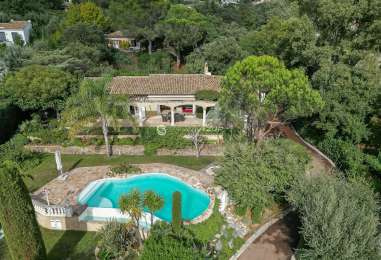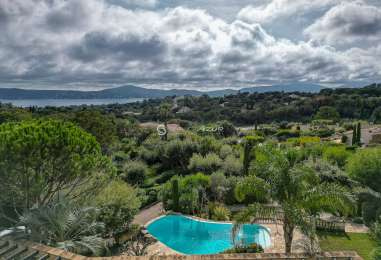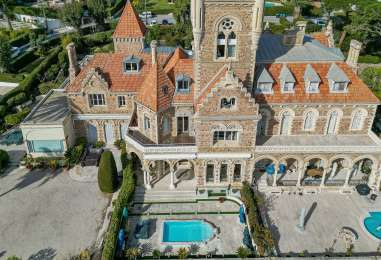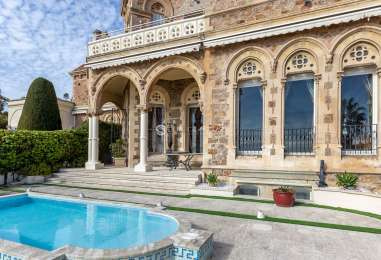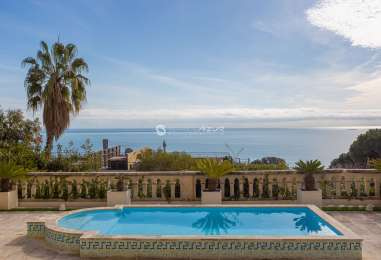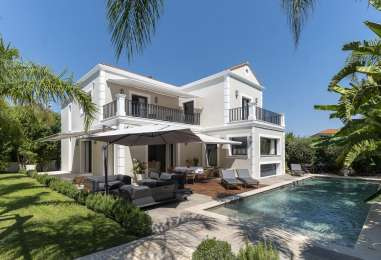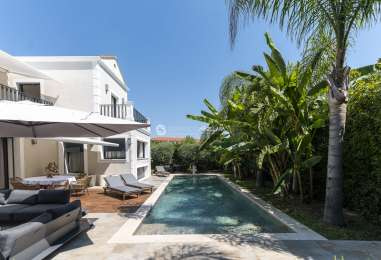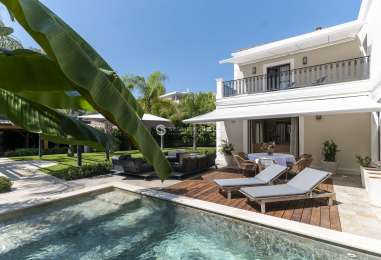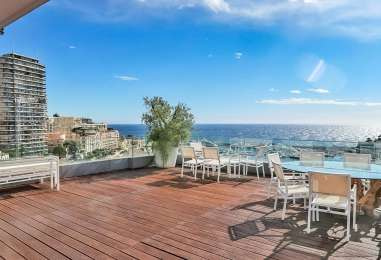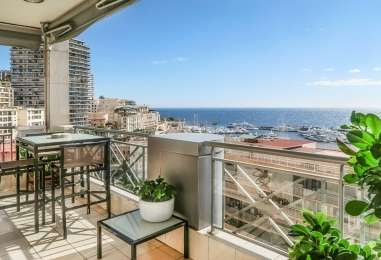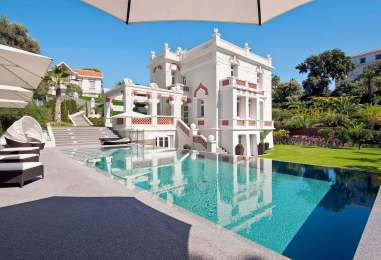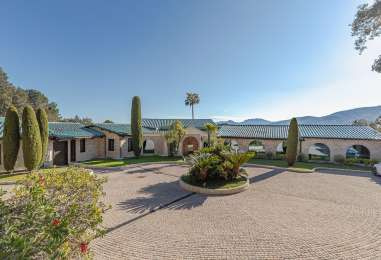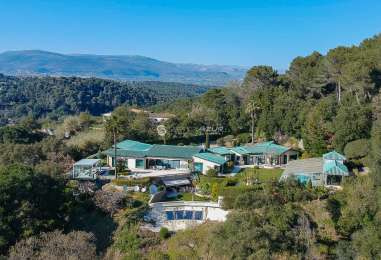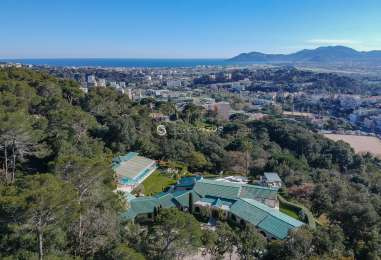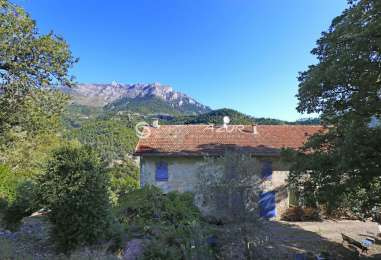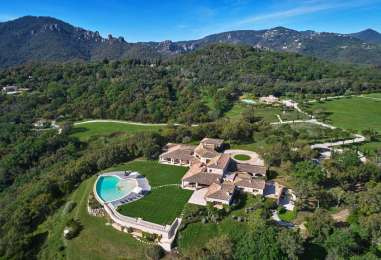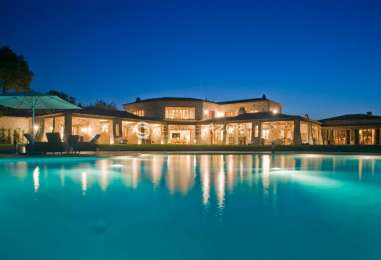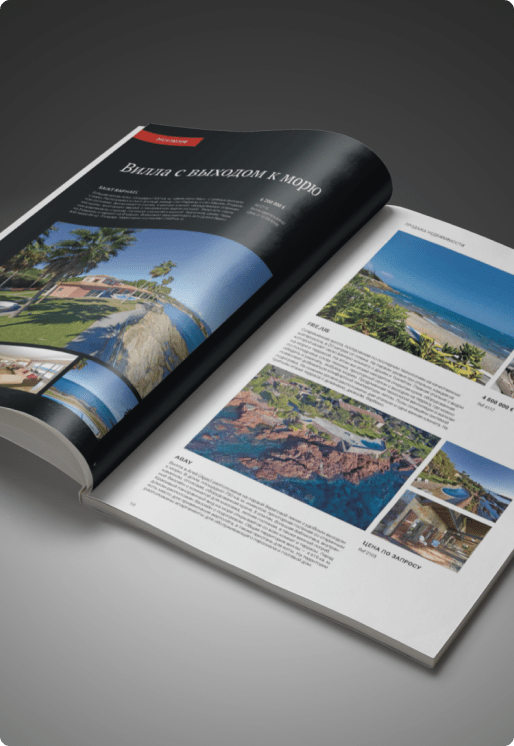Introduction
For the acquisition and maintenance of real estate, it is necessary to anticipate the payment of three direct compulsory taxes:
At the time of purchase: Payment of registration fees for real estate (registration of property rights). This amounts to 7-8% of the total property value for secondary market properties, and 2-3% for new constructions less than 5 years old.
For maintenance: Payment of annual taxes - property tax (FR: taxe foncière) and residence tax (FR: taxe d'habitation). Additionally, when acquiring property in France valued over 1.3 million euros, the owner may be subject to the wealth tax on real estate. The tax is calculated on a progressive scale from 0.5% to 1.5% of the total property value. Upon the subsequent resale of real estate, if there is an increase in the property value, the owner will be required to pay capital gains tax on the sale. Other taxes in France, which will be discussed later, may also affect the taxpayer depending on their individual situation.
Registration Fees
The initial mandatory costs that buyers encounter when purchasing property in France are the registration fees. These fees are paid to a Notaire (a representative of state interests) upon signing the property sale and purchase contract, known as the 'Convention de vente'. Essentially, these fees and taxes cover the re-registration of property ownership rights as the ownership changes.
The calculation of registration fees and taxes primarily depends on the real estate's location and varies from 5.09006% to 5.80665%, determined by departmental fees. An additional fee of 0.1% and a notary fee, typically around 1.5-2%, are also included. Consequently, the total registration fees and taxes for properties older than 5 years amount to approximately 6-7%, whereas for new buildings not exceeding 5 years old, the fees are about 2-3%.
A calculator for registration fees estimation is available here
Property Tax (La Taxe foncière)
All owners (residents and non-residents) of property located in France are liable to pay land tax. The tax administration distinguishes between two types of land tax: tax on built-up areas and tax on unbuilt areas.
Built-up areas include all kinds of real estate, structures, and land for industrial and commercial use (construction sites, warehouses, land used for advertising billboards, etc.) and are taxed in the commune where they are located.
Exempt from this tax are:
- Buildings and structures owned by the state or local administrations (region, department, commune, etc.)
- Buildings owned by other states (embassies, etc.)
- State institutions' buildings (universities, hospitals, etc.)
- Religious buildings
- Structures used for agricultural activities
Additionally, individuals over 75 years old with low income, and those receiving social security benefits or disability payments, are exempt from property tax.
Other exemptions from the tax exist but are often limited in time:
- New residential buildings are systematically exempt for the first two years after completion, as well as reconstructions and extensions to buildings
- Some social housing may be exempt from tax for up to 15 years
- Some energy-efficient housing may not be taxed for up to 5 years
Unbuilt areas encompass everything not included in the aforementioned category of built-up areas: forests, fields, marshes, etc. Full tax exemption applies to property owned by the state:
- Roads, paths, rivers, bridges
- Agricultural property
Temporary exemptions may be granted:
- For areas planted with trees for 10 to 30 years, depending on the purpose of the planting
- For land plots located in the Natura 2000 conservation network
- Plantations of walnut and truffle trees may be exempt from land tax for up to 50 years
The tax is levied on the property owner as of January 1st for the entire year. In case of a change in ownership mid-year, the tax is calculated proportionally to the time of ownership.
The calculation of the land tax follows a simple principle: the tax base is multiplied by a certain percentage set by the local administration. The tax base for built-up areas consists of 50% of the cadastral rental value and 80% of the cadastral rental value for unbuilt areas. The amount of the cadastral rental value depends on the type, area, location of the property, and all its advantages.
Property located in prestigious districts has a higher rental value, and consequently, a higher tax. Every year, at the end of August, the owner receives a tax statement in which the land tax is automatically calculated by the tax administration. Owning multiple real estate properties requires the owner to pay the tax for each property separately. The payment must be made no later than October 15th.
Residence Tax (La Taxe d’habitation)
Since 2018, the residence tax for the primary residence of all residents has been gradually decreasing. In 2021, 80% of residents no longer paid it, and for the remaining 20% of households, the relief was 30% in 2021, 65% in 2022, and by 2023, no resident household will pay the residence tax for their primary residence.
As for non-residents of France, individuals who, on January 1 of the taxable year, have residential property in France at their disposal, are subject to this tax.
The tax is levied on:
- All owners, all tenants, or occupants living free of charge;
- Any premises for permanent residence or for temporary stay (like holiday residences).
The premises must be equipped for living (furnished, at least partially). This tax also affects structural elements of the dwelling, such as basements, gardens, playgrounds, garages, parking spaces.
Exemptions from this tax apply only to: premises belonging to territorial economic constitutions; student housing in university residences or accommodation for boarding school pupils; premises for members of the diplomatic or consular corps. The differentiation of tax payment is based on the principle:
- The owner-investor who rents out an apartment is required to pay the property tax;
- The tenant of the apartment must pay the residence tax.
The residence tax is levied on the occupant residing there as of January 1. If a taxpayer acquires the property after this date, for example, moves into an apartment on January 2, they are not required to pay the tax for the current year.
The tax base is calculated by referring to the cadastral rental value of the premises. There is a discount, but it applies only to the taxpayer's primary residence, and its amount depends on the family composition and total income. After applying the discount, a fixed rate of communal and departmental tax, as set by the local administration, is applied.
If the property owner does not reside permanently in the purchased property in France but uses it as an additional 'holiday' residence, then the amount of the tax is essentially equal to the property tax.
Real Estate Wealth Tax IFI (L’Impôt sur la fortune immobilière IFI)
Upon acquiring property in France valued over 1.3 million euros, the owner may become subject to the tax on real estate wealth.
The annual real estate wealth tax (IFI) was introduced in 2018, replacing the previous Solidarity Tax on Wealth (ISF). The new tax is limited to real estate not used in the taxpayer's business activities. It includes homes, apartments, buildings under construction as of January 1, 2018, land plots, and other real estate.
Individuals who are tax residents of France fall under the IFI tax if the net worth of their real estate assets exceeds 1.3 million euros as of January 1, 2018. The tax applies to all their real estate, regardless of whether it is located in France or abroad. Individuals who are residents of another country are liable for the IFI tax on all real estate located in France. The tax is calculated on a progressive scale from 0.5% to 1.5%.
It's possible to optimize or even avoid this tax under certain conditions. For optimization, the rule is: the more liabilities, the lower the IFI tax. The taxable base can be reduced by deducting the taxpayer's obligations related only to the taxable asset, for example, a loan, construction expenses, etc.
Please read here for more information about the real estate wealth tax
A calculator for tax estimation is available here
The 3% tax (La taxe de 3%)
An annual 3% tax on the value of the property is payable when the property in France is acquired by a legal entity and the actual owner's name is kept confidential.
Exempt from this tax are French companies, or companies registered in countries that have a tax agreement with France regarding the provision of information concerning the identity of all shareholders of the company.
Capital Gains Tax on Real Estate Sales (La Plus-value immobilière)
When selling real estate (a house, an apartment, or a land plot) at a higher price than its purchase cost, the owner realizes a capital gain. Capital gain is the difference between the selling price and the buying price. In France, this gain is considered income and is subject to a fixed tax rate of 36.2% (19% capital gains tax plus 17.2% social contributions).
Before applying the tax rate, there are tax discounts for the duration of property ownership. There are no discounts for the first 5 years of ownership. For properties owned from 6 to 21 years, the discount is 6% per year and 4% for the 22nd year of ownership. This discount is applicable to the main 19% tax rate. For the 17.2% social contributions, the discount is as follows: 1.65% for ownership from 6 to 21 years, 1.60% for the 22nd year, and 9% from 23 to 30 years.
If, after applying the tax discounts, the capital gain exceeds 50,000 euros, an additional tax is payable, calculated on a progressive scale from 2% to 6%. Land plots designated for construction are exempt from this additional tax.
Article 26 of Law No. 2018-1203 of 22.12.2018 on the financing of social security for 2019 exempts non-residents tied to the social security system of another European country from the 17.2% social contributions, but they are subject to a solidarity levy of 7.5% (prélèvement de solidarité).
Please read here for more information about the capital gains tax
A calculator for tax estimation is available here
Income Tax on Rental Revenue
The French tax administration categorizes rental incomes based on the type of housing rented. These could be revenues from long-term or seasonal rentals.
Income tax on revenues from renting out property for seasonal use (furnished rental) for an individual. If the annual income from property rental does not exceed 15,000 euros, the 'Le régime micro-foncier' tax regime is automatically applied. This regime implies a fixed 30% discount on the total annual rental income. Expenses for repair works and other types of expenses cannot be deducted under this regime. If the annual rental income exceeds 15,000 euros, the 'Le régime réel' real income regime is applied. The net rental income is calculated after deducting actual expenses (building repairs, boiler or pipeline replacements, roof restoration, existing electrical installation repairs, diagnostic-related expenses, management costs, loan interest, property tax, insurance, and others).
Revenues from renting out property for long-term use for an individual. In tax terms, furnished seasonal rental is considered a commercial activity, unlike renting out unfurnished housing. Such rental falls under the category of industrial and commercial profits (BIC — Bénéfices industriels et commerciaux). If the rental income is less than 72,600 euros, the 'le régime microBIC' is automatically applied with an attractive 50% discount for expense deductions. However, the owner can opt for the actual, real tax regime 'le régime réel'. This option can be interesting if the actual expenses exceed the 50% discount on the rental income received. Once the rental income exceeds 72,600 euros a year, the real tax regime is automatically applied.
The tax is applied to the net rental income. The percentage varies depending on the owner's status:
- For residents: Rental income is added to other incomes and is taxed at a progressive rate from 11% to 45%.
- For non-residents: From 2021, the rental income tax rate increased to 30%, but remains 20% if the income is less than or equal to 27,519 euros.
Example of long-term rental income tax calculation for a non-resident:
The income was 12,000 euros a year (fixed discount applies as the income is less than 15,000 euros) - 30% discount = (12,000 - 3,600 euros) x 20% = 1,680 euros.
If the annual income exceeds 15,000 euros, actual expenses (insurance, repair costs, loan interest, and other expenses) are deducted. After these deductions, a 20% tax rate is applied. Example of seasonal rental income tax calculation:
The income was 20,000 euros a year - 50% discount = 10,000 euros x 20% tax rate = 2,000 euros in tax.
In the case of seasonal furnished rentals of property acquired in the name of an SCI company, the tax administration may automatically classify the SCI as a company subject to profit taxation. In this case, the taxation will be as follows: if the rental profit is up to 38,120 euros, SCI is taxed at a reduced rate of 15%, from 38,120 euros to 500,000 euros at 25%, and from 500,000 euros at 33.33%. If the partners wish to choose dividends, a 40% tax relief can be applied to them, and the remaining 60% will be taxed in the category of movable capital income for an individual.
Inheritance Tax (L’Impôt sur la succession)
Inheritance tax is levied on heirs in the event of the property owner's death in France. It is advisable to determine the order of inheritance with a notary at the time of property purchase. The property owner cannot freely appoint an heir, as there are mechanisms controlling the inheritance process. According to French laws, the surviving spouse can be the sole heir or inherit jointly with the deceased's blood relatives. The inheritance system for blood relatives is based on three principles: order of succession, degrees of kinship, and lineage.
For more information about inheritance tax It is important to note that the payment of inheritance tax by heirs will depend on the buyer's instructions regarding the right of inheritance, made at the time of property acquisition.
Please read here for more information about the inheritance tax





